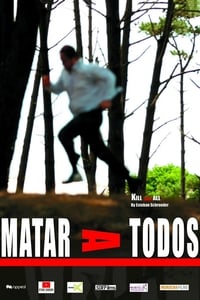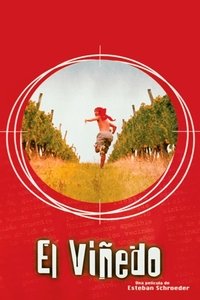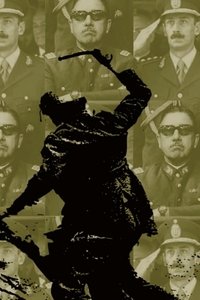Esteban Schroeder
Birthday:
Birthplace: Montevideo, Uruguay
Gender: Male
He is a director, producer, president of the Uruguayan Association of Film Producers and Directors. Esteban Schroeder's career begins with CEMA: an experiment that brought together a group of young people who in the last years of the military dictatorship began to make films without any prior cinematographic training. They focused on social themes, they created their own exhibition circuit and thought that television could be a more accessible destination than the big screen. In 1993, they sought the experience of a filmmaker trained in Europe, Beatriz Flores Silva, and directed a television unit that ended up becoming a classic in local cinema, Pepita the Holster (1993). A short time later, CEMA closed its doors and Schroeder began his solo journey, producing, writing and directing The Vineyard, another attempt for the small screen that ended up being released theatrically and brought 80,000 viewers to the cinema. Two years later he received support to make his second feature film, Matar a todos (2007), much more ambitious than the first, and which proposed a way of combining production and direction teams of Uruguay and Chile, at a time when co-productions were an uncharted territory. He was the executive producer of Selkirk, the real Robinson Crusoe (Walter Tournier, 2012), the first Uruguayan animated feature film, which premiered in more than 15 countries and attracted thousands of viewers around the world.
Credits
| Year | Title | |
|---|---|---|
 |
2024-08-15 | La Huella de las Palabras |
 |
2007-12-09 | Kill Them All |
 |
2000-10-28 | The Vineyard |
 |
1992-01-01 | The Uncertain Hope |
 |
1989-01-01 | Uruguay, the Unrendered Accounts |
 |
1988-01-01 | Sala de Espera |
 |
1987-01-01 | On the Edge |
